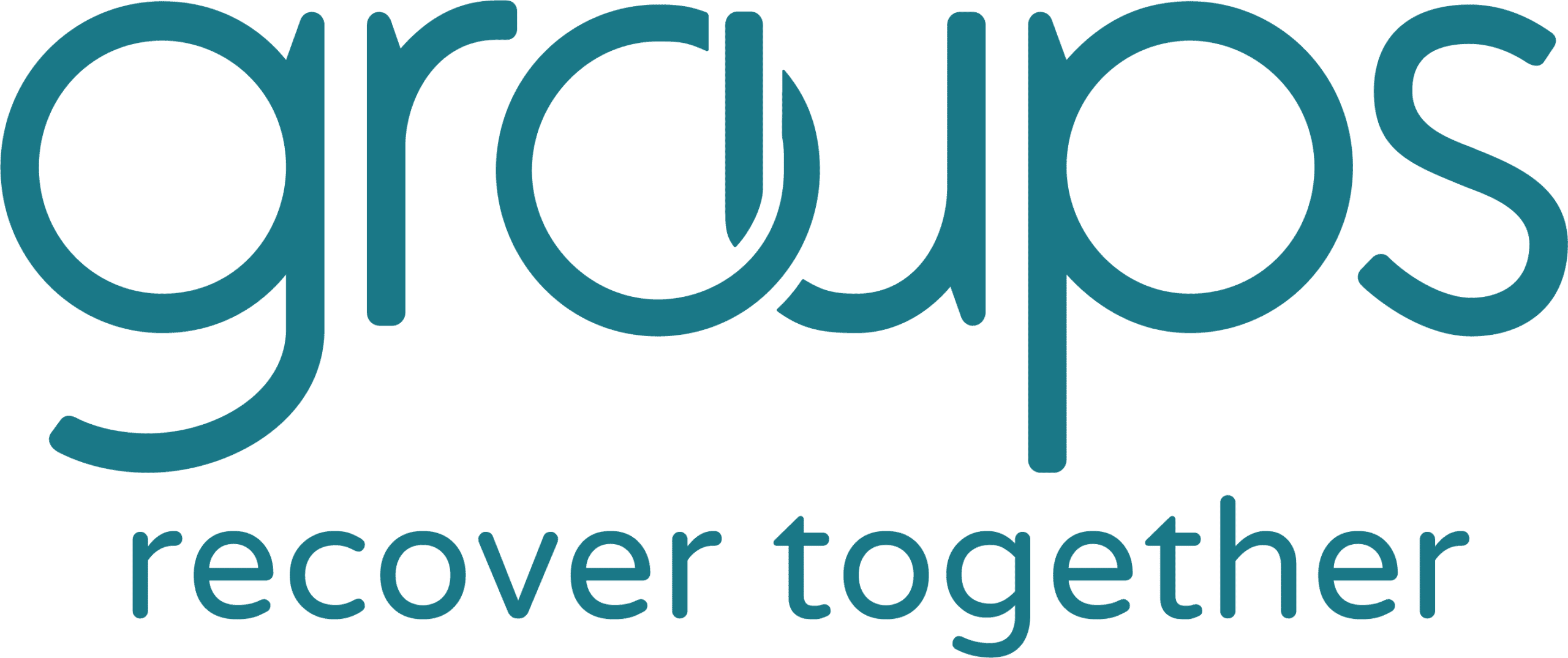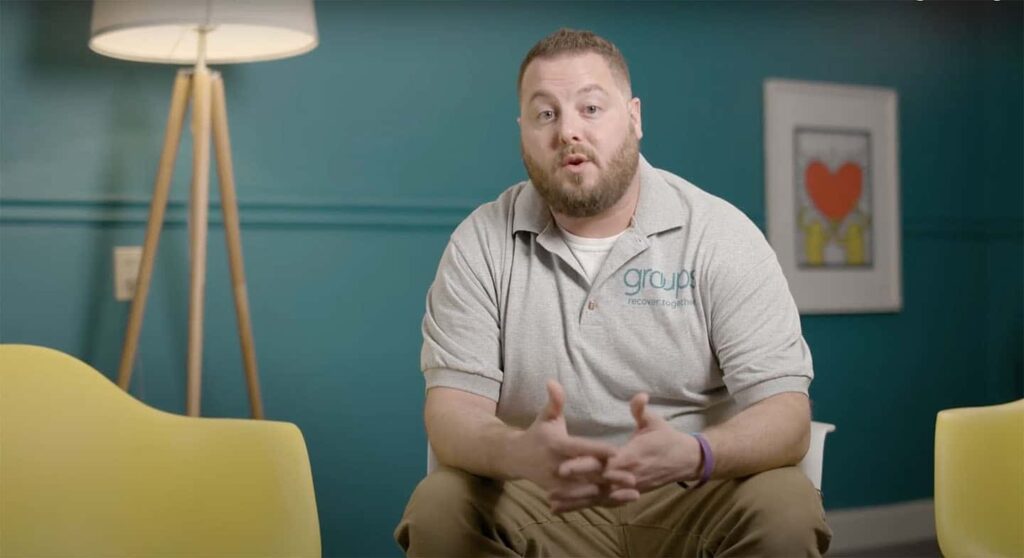Opioid addiction is a challenging and life-changing condition. Recovery is possible with the right support and coping skills. One of the hardest parts of opioid recovery is dealing with triggers and stress. Triggers are situations, people or feelings that remind someone of their past opioid use and cause cravings. Stress, on the other hand, is a natural part of life. Stress can be overwhelming when you’re in recovery. Both can make it challenging not to turn to taking opioids. Learning to cope with stress and triggers is a crucial step in the recovery journey.
What are triggers in opioid recovery?
A trigger is anything that reminds a person of their past opioid use, which could lead to cravings or using again. Triggers can be very different for each person, as they’re often based on individual experiences and may include:
- People
- Places
- Emotions
- Situations
Understanding your specific triggers is one of the first steps in your recovery journey. Once you know what triggers you, you can begin to develop skills to help you handle them.
How stress affects opioid recovery
Stress is a part of life. Everyone faces stressful situations at some point. However, when you’re in recovery from opioid addiction, stress can be especially hard to handle. High levels of stress can increase your risk of using again. This can be because you feel overwhelmed and are tempted to return to old habits. Stress can come from many sources, including:
- Life changes — Moving, changing jobs or going through a difficult situation can create stress.
- Relationships — Conflicts with family or friends — or even isolation — can be stressful.
- Financial woes — Problems with money, paying bills or finding stable work can increase stress.
- Health issues — Feeling physically sick or dealing with chronic pain can be a major source of stress.
Managing stress is essential for your recovery. If you let stress build up without finding healthy ways to cope, it can feel like too much to handle. This may lead to using again. Fortunately, there are tools and techniques you can use to deal with both stress and triggers.
Coping with triggers during opioid recovery
The first step in dealing with triggers is recognizing them. Once you know what your triggers are, you can take steps to avoid or manage them. You can also collaborate with your provider to create a safety plan that can help during a crisis. Here are some strategies that can help you cope:
- Avoid high-risk situations — If you know certain places or people may trigger cravings, try to avoid them, especially in the early stages of recovery. This may mean staying away from old hangout spots or distancing yourself from people who use drugs.
- Create a support system — Having a group of supportive friends, family or even a support group can help you stay grounded when you face triggers. Talking about your cravings or feelings can make them feel less overwhelming. Your support system can remind you why you’re in recovery and help you focus on your goals.
- Use positive distractions — When you feel a craving coming on, try to distract yourself with healthy activities. Going for a walk, doing yoga, reading a book, or listening to music can all help take your mind off the trigger and reduce the craving. Doing a hobby or finding a new activity that brings you joy can also help you stay focused on your recovery.
- Practice mindfulness and meditation — Mindfulness is the practice of staying present in the moment and being aware of your thoughts and feelings without judgment. This can help you recognize cravings and stress before they become overwhelming. Meditation is another tool that can help you manage triggers and stress by calming your mind and body.
- Develop healthy coping skills — Instead of turning to opioids when you face a trigger, you can develop healthier ways to cope. Exercise, deep breathing exercises, journaling or talking to a therapist can help you deal with cravings and stress. Find what works best for you, and make it part of your daily routine.
Coping with stress during opioid recovery
Stress is inevitable, but here are some effective ways to help you manage it during recovery:
- Exercise regularly — Physical activity is one of the best ways to lower stress. Exercise releases endorphins, which are chemicals in the brain that make you feel good. Whether it’s going for a run, doing yoga or lifting weights, regular exercise can help you manage stress and improve your overall well-being.
- Get enough sleep — Not getting enough quality sleep can increase your stress level and make it harder to handle emotions and cravings. Make sure you’re getting enough rest every night. A good night’s sleep helps your body and mind recover and prepares you for the challenges of the next day.
- Eat a healthy diet — Eating nutritious food helps your body stay strong and balanced. When you eat well, you’re better able to handle stress. Try to avoid unhealthy coping skills like overeating or turning to caffeine or alcohol for relief. A balanced diet will give you the energy you need to tackle your recovery head-on.
- Talk to a therapist or counselor — Talking to a professional can help you understand the root causes of your stress and develop healthy coping skills. Therapy is a great place to discuss any challenges you’re facing in recovery and learn new ways to manage stress.
- Practice relaxation techniques — Techniques like deep breathing, progressive muscle relaxation, and guided imagery can help reduce stress. When you feel stressed, take a few minutes to close your eyes, breathe deeply and focus on calming thoughts. These techniques can be practiced anywhere, anytime.
Learn healthy coping skills with Groups Recover Together
At Groups Recover Together, we understand how challenging it can be to deal with triggers and stress during opioid recovery. That’s why we offer a supportive community of peers and counselors who are here to help you navigate these obstacles. We believe that recovery isn’t a solo journey. It’s something you do with the help of others. Whether it’s talking through your stress in a group setting or learning new coping skills, you’ll never be alone at Groups Recover Together.
Give our Recovery Support Specialists a call today for more information or to begin your recovery.




